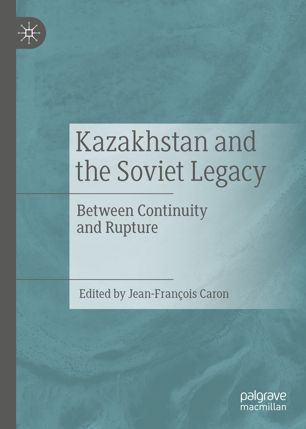

Most ebook files are in PDF format, so you can easily read them using various software such as Foxit Reader or directly on the Google Chrome browser.
Some ebook files are released by publishers in other formats such as .awz, .mobi, .epub, .fb2, etc. You may need to install specific software to read these formats on mobile/PC, such as Calibre.
Please read the tutorial at this link: https://ebookbell.com/faq
We offer FREE conversion to the popular formats you request; however, this may take some time. Therefore, right after payment, please email us, and we will try to provide the service as quickly as possible.
For some exceptional file formats or broken links (if any), please refrain from opening any disputes. Instead, email us first, and we will try to assist within a maximum of 6 hours.
EbookBell Team

4.0
26 reviewsThis book examines Kazakhstan’s struggle to distance itself from its Soviet past over 25 years after its independence. To a very large extent, the affirmation of its sovereignty and a unique Kazakhstani way remain largely a matter of rhetoric. This book looks to explain the various aspects that show the continuity of Kazakhstan’s political system and governance with its colonial legacy, namely through its foreign policy, the country’s environmental policies, the judicial system, the management of religious diversity, the way youth organizations are structured and administered or how those who were born after the collapse of Soviet Union are still showing a typical Soviet behavioral attitude towards the political sphere.
What are the reasons for this reluctance or incapacity to break away from these ties of the past? Will the unavoidable political transition that will bring new individuals to the head of the state contribute to a real change? Will this lead to a break with the country’s past and a radical shift in the country’s policies or will things remain as they have been since 1991? This book provides some valuable insights on what may happen in the near future to the biggest country of Central Asia.